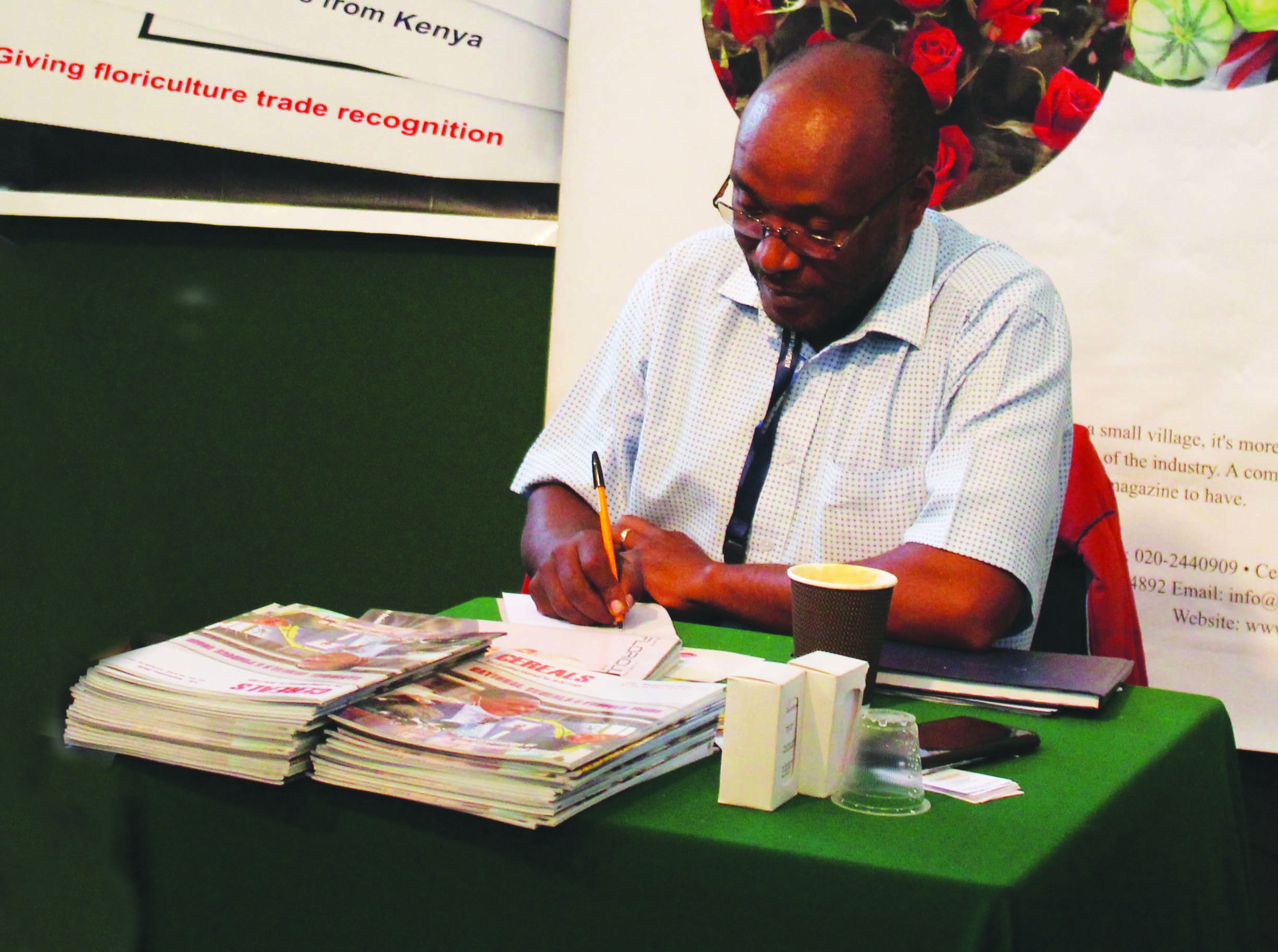By Masila Kanyingi
On the evening of the first day of July this year, while I found myself somewhat disenchanted in a hotel in Naivasha instead of relishing a romantic dinner with my wife, I received an official call inquiring if I could step in as the Editor for Floriweek. Such calls often serve as both a request and a directive.

As I savored my cappuccino, I conveyed my to embrace this new position. Having previously collaborated with the same office, my return felt akin to coming home. However, I soon realized that the landscape had undergone a complete transformation.
Unbeknownst to me, the environment had indeed changed dramatically. Thus, I will take this opportunity to analyze the current unpredictable landscape of the global market. I will explore insights regarding the future, the importance of innovative concepts, and strategies for navigating the present circumstances.
Growers are presently facing a multitude of challenges, and their concerns regarding return on investment are entirely valid. By utilizing advanced technology, digital tools, and a global presence, they can effectively tackle crop and market-related issues. These resources have the potential to significantly boost their profitability, necessitating a strong emphasis on innovation.
Innovation not only propels research but also impacts overall business operations. It extends beyond the mere development of new varieties and products; it influences workplace dynamics and shapes the management of key accounts and customer interactions.
To sustain leadership, it is imperative to remain proactive. Success depends on the ability to quickly grasp market changes and respond in a systematic manner.
While many view the current market challenges as unprecedented, these difficulties are not entirely new. Three primary factors will shape our future: first, the familiar dynamics of supply and demand; second, the evolving market cycle; and third, the altered industry structure resulting from significant mergers and acquisitions over the past decade. We must prepare ourselves for these new realities.
Despite the challenges, the outlook for the industry remains optimistic. Kenya must play an active role in shaping its future. We cannot simply react to disruptions; we must take the initiative. Collaboration is vital; all stakeholders must acknowledge the value of their contributions. Individuals need to feel trusted and inspired to perform at their best for the benefit of the grower.
A focus on customer needs, teamwork, and adaptability, combined with renewed energy, is essential.
